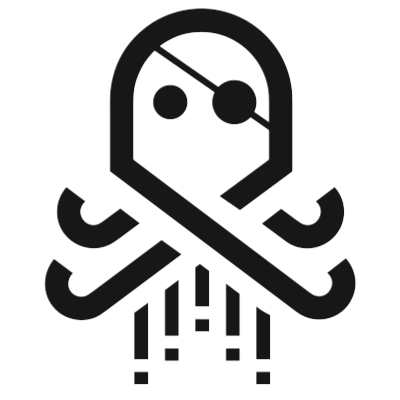API
rigging.tokenizer
Tokenizers encode chats and associated message data into tokens for training and inference.
Represents a slice of tokens within a tokenized chat.
The ending index of the slice in the token list.
Additional metadata associated with this slice, if any.
The original object this slice corresponds to, if any.
The starting index of the slice in the token list.
The type of the slice (e.g. message, tool_call, etc.).
A tokenized representation of a chat, containing the full text,
token list, and structured slices of tokens.
Additional metadata associated with the tokenized chat, if any.
The original chat object, if available.
Structured slices of tokens, each representing a part of the chat.
The full text of the chat, formatted as a single string.
The list of tokens representing the chat text.
The model name to be used by the tokenizer.
Decodes a list of tokens back into a string.
Parameters:
Encodes the given text into a list of tokens.
Parameters:
Formats the chat into a string representation.
Parameters:
Transform a chat into a tokenized format with structured slices.
Parameters:
Additional keyword arguments for applying the chat template.
Additional keyword arguments for decoding tokens.
Additional keyword arguments for encoding text.
The underlying
Encodes the given text into a list of tokens.
Parameters:
Create a new instance of TransformersTokenizer from an already loaded tokenizer.
Parameters:
Get a tokenizer by an identifier string. Uses Transformers by default.
Identifier strings are formatted like
Register a tokenizer class for a provider id.
This let’s you use [rigging.tokenizer.get_tokenizer][] with a custom tokenizer class.
Parameters:
TokenSlice
end
metadata
obj
start
type
TokenizedChat
metadata
obj
slices
text
tokens
Tokenizer
Base class for all rigging tokenizers. This class provides common functionality and methods for tokenizing chats.model
decode
tokens(list[int]) –The list of tokens to decode.
str–The decoded string.
Source code in rigging/tokenizer/base.py
Source code in rigging/tokenizer/base.py
encode
text(str) –The text to encode.
list[int]–A list of tokens representing the encoded text.
Source code in rigging/tokenizer/base.py
Source code in rigging/tokenizer/base.py
format_chat
chat(Chat) –The chat object to format.
str–A string representation of the chat.
Source code in rigging/tokenizer/base.py
Source code in rigging/tokenizer/base.py
tokenize_chat
chat(Chat) –The chat object to tokenize.
TokenizedChat–A TokenizedChat object containing the tokenized chat data.
Source code in rigging/tokenizer/base.py
Source code in rigging/tokenizer/base.py
TransformersTokenizer
A tokenizer implementation using Hugging Face Transformers. This class provides tokenization capabilities for chat conversations using transformers models and their associated tokenizers.apply_chat_template_kwargs
decode_kwargs
encode_kwargs
tokenizer
PreTrainedTokenizer instance.
encode
text(str) –The text to encode.
list[int]–A list of tokens representing the encoded text.
Source code in rigging/tokenizer/transformers_.py
Source code in rigging/tokenizer/transformers_.py
from_obj
tokenizer(PreTrainedTokenizer) –The tokenizer associated with the model.
TransformersTokenizer–The TransformersTokenizer instance.
Source code in rigging/tokenizer/transformers_.py
Source code in rigging/tokenizer/transformers_.py
get_tokenizer
<provider>!<model>,<**kwargs>
(provider is optional and defaults to transformers if not specified)
Examples:
- “meta-llama/Meta-Llama-3-8B-Instruct” ->
TransformersTokenizer(model="meta-llama/Meta-Llama-3-8B-Instruct”)` - “transformers!microsoft/Phi-4-mini-instruct” ->
TransformersTokenizer(model="microsoft/Phi-4-mini-instruct")
identifier(str) –The identifier string to use to get a tokenizer.
Tokenizer–The tokenizer object.
InvalidTokenizerError–If the identifier is invalid.
Source code in rigging/tokenizer/base.py
Source code in rigging/tokenizer/base.py
register_tokenizer
provider(str) –The name of the provider.tokenizer_cls(type[Tokenizer] | LazyTokenizer) –The tokenizer class to register.
None–None
Source code in rigging/tokenizer/base.py
Source code in rigging/tokenizer/base.py

